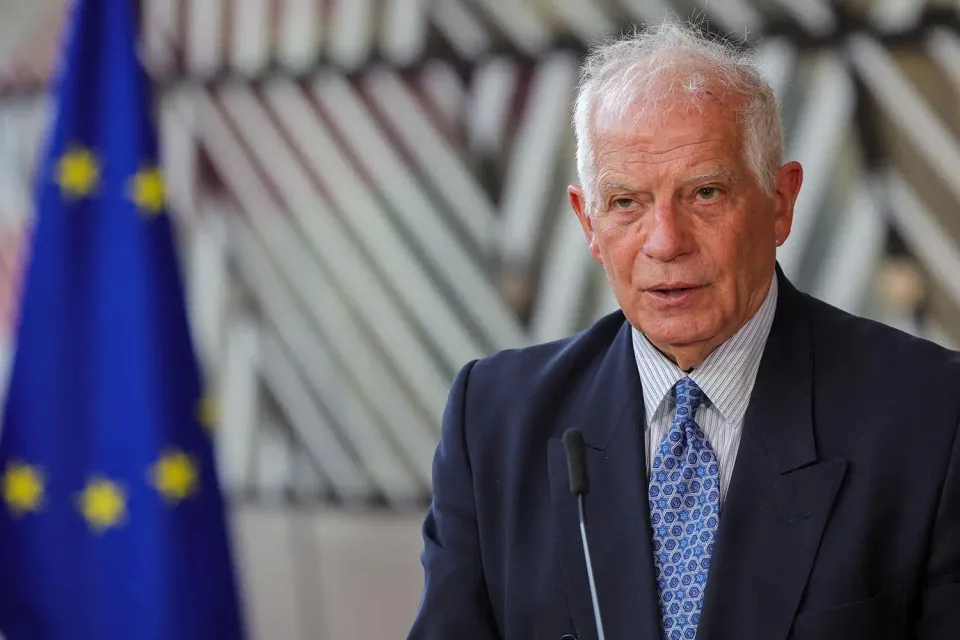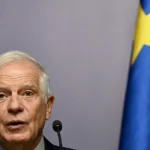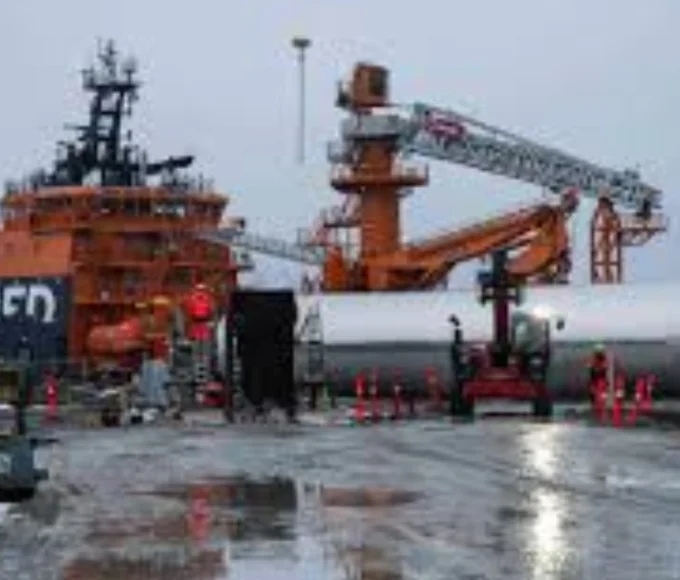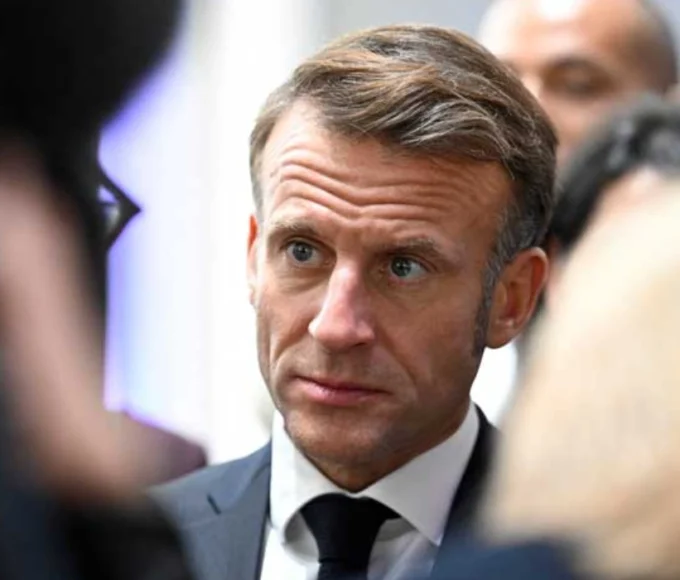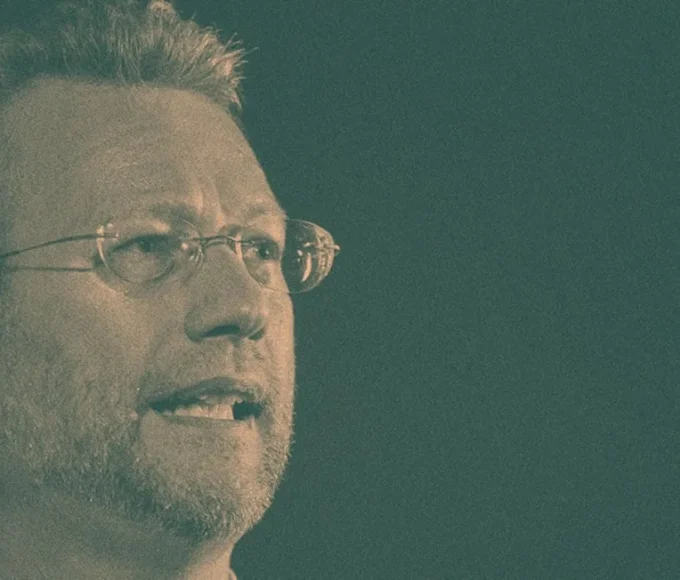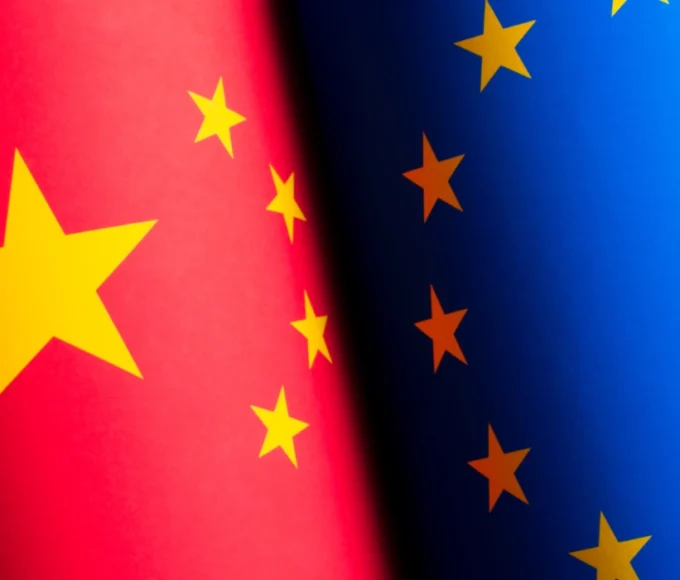Here is his column: “After spending the whole week in the European Parliament talking about China, I will bring together European foreign ministers on Monday to address the same subject. Because if China does not directly threaten our security, it constitutes a multidimensional challenge for Europe given its systemic weight in the world which has nothing to do with that of Russia. How will China use its power and how can we deal with it? These are the two questions that arise for us.
Since 2019, the European Union has adopted a China strategy which makes Beijing a partner, a competitor and a rival at the same time. Partner because on many issues such as biodiversity, climate change, the debt of poor countries or pandemics, there is an absolute need to cooperate with China given the global nature of these subjects. It will be particularly important to encourage it to raise its level of climate ambition, as it burns more coal than the rest of the world. But this cannot be done without dialogue. Otherwise, it will coalesce the South against us.
If it were enough to not talk to China to resolve our problems with it, that would be known. On the other hand, recognition of its growing role in no way implies the slightest complacency towards it. We have deep differences with Beijing on many subjects.
On values, China’s vision of individual rights and fundamental freedoms is completely opposed to ours. We will therefore not hesitate to make life difficult for her in international forums where she seeks, with the support of a certain number of countries of the South, to call into question the Universal Declaration of Human Rights which she has yet signed and ratified.
On economic imbalances, our disagreements are just as serious. Our companies are increasingly disadvantaged on the Chinese market not for lack of competitiveness, but because they come up against restrictive measures and massive subsidies granted to their Chinese competitor, which reduce their chances. This is why we make reciprocity a concrete principle of our relations with China. We have therefore decided to implement European measures so that our strategic sectors are protected by foreign investment control instruments. Happy globalization is over. However, it cannot make way for a closed economy or a decoupling that is very damaging for Europe. This point of balance between openness and security is essential. But this will not be an easy task. “We are now faced with the emergence of two blocs where each is trying to attract the rest of the world to its side,” said Christine Lagarde, the president of the ECB. And this can lead to the formation of two blocs organized around the two great world powers. » We want to reduce our risks without seeking to decouple our economies from China. We will therefore need to specify how to achieve this in practice.
On Taiwan, our position is simple and constant. In our eyes, there is only one China. But not under any conditions. And certainly not through the use of force. Europe must in fact be very present on this issue which concerns us on an economic, commercial and technological level. This is why I call on European navies to patrol the Taiwan Strait to demonstrate Europe’s commitment to freedom of navigation in this absolutely crucial area. At the same time, we must be vigilant against provocations and one-upmanship. The overwhelming majority of the Taiwanese population believe that the peaceful status quo is the most appropriate solution. Let us therefore be firm in upholding this principle.
We have said it again and again to the Chinese: it is not in your interest to support Russia
Finally, there remains Ukraine. We have said it again and again to the Chinese: it is not in your interest to support Russia. Especially since by supporting it you will only increase the polarization of the international system that you also claim to want to fight. This is the message that I will defend tomorrow with my 27 colleagues. »
This article is originally published on lejdd.fr


